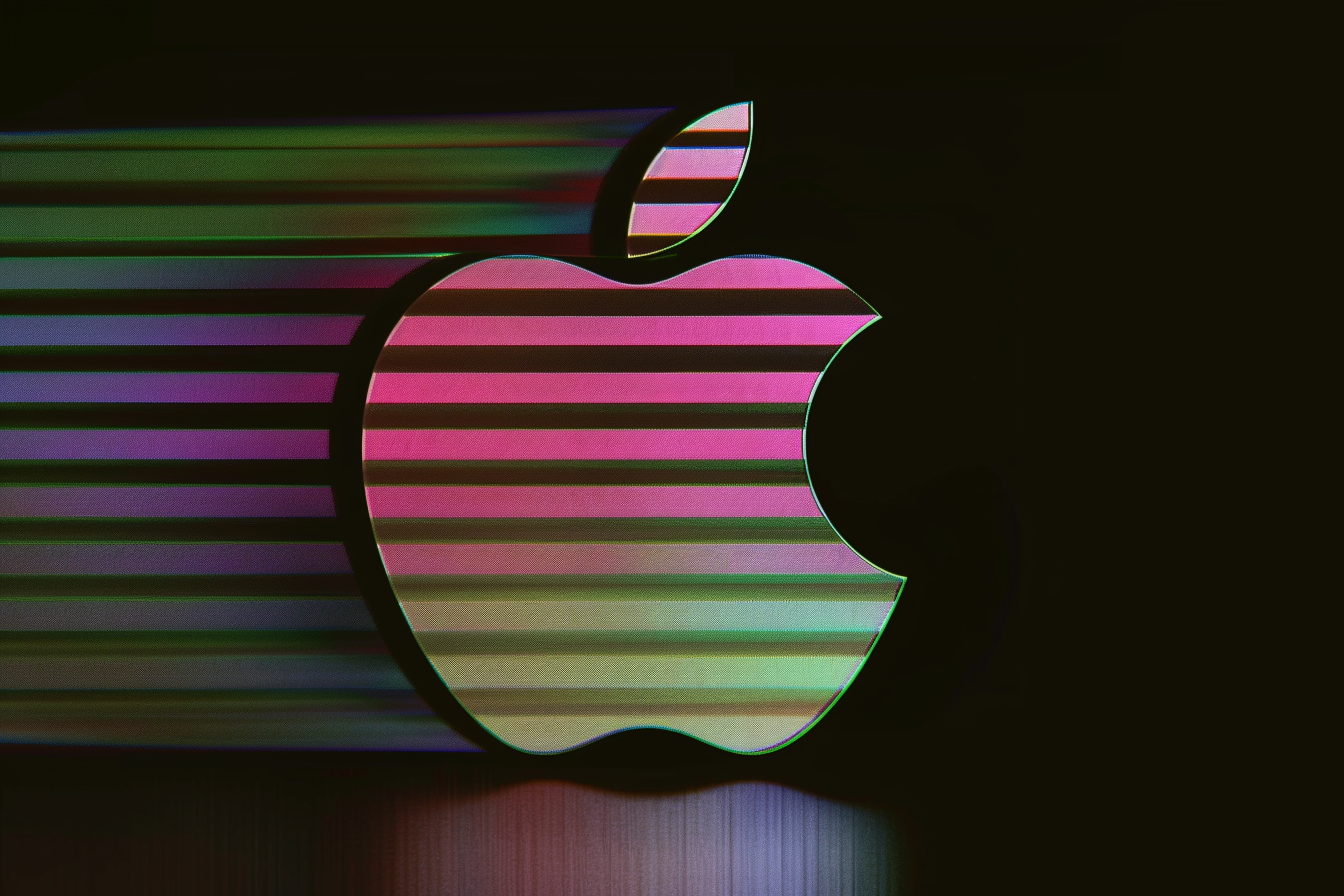Apple and Amazon grapple with generative AI's inherent unreliability in Alexa and Siri upgrades

Both tech giants face significant setbacks in launching their AI-enhanced voice assistants as testing reveals persistent reliability issues and incorrect responses.
According to Bloomberg, Apple may delay its revamped Siri assistant from April to May or later due to persistent software bugs and "engineering problems." The company's three major Siri improvements announced in 2024 - enhanced user data access, improved app control, and screen context understanding - aren't performing consistently in internal testing.
The situation at Amazon mirrors Apple's struggles. The Washington Post reports another delay in releasing the LLM-powered version of Alexa. Initially launched as a limited demo in 2023, this updated version has been postponed due to incorrect responses detected during testing. One anonymous employee pointed out that Amazon is particularly wary of the potential loss of customer trust that can result from unreliable performance.
While Amazon plans to announce the update on February 26, public access won't begin until at least March 31 - over 18 months after the initial announcement. The new version will offer premium features like personality customization, call reminders, and service ordering capabilities, though some of these already work with the current free version.
Apple is exploring various launch approaches, including adding the new features in April's update but leaving them disabled by default until the iOS 18.5 update in May. A fully LLM-powered Siri capable of human-like conversations isn't planned until next year.
LLM unpredictability poses challenge for mass market adoption
The delays at both tech giants underscore a fundamental challenge: making probability-based AI systems reliable enough for everyday consumers.
Apple recently experienced this firsthand when it had to suspend an AI-powered iPhone notification feature due to incorrect news summaries. Chatbots and AI research systems in general continue to struggle with unpredictable probability-based word prediction.
Apple's integration of ChatGPT as a standard ecosystem feature raises questions about whether the company sets higher internal standards for its AI assistant or struggles to match ChatGPT's capabilities - despite ChatGPT's own documented errors.
ChatGPT now offers live video analysis alongside conversational features, while Google's Gemini provides similar capabilities and serves as the default assistant on many Android devices.
AI News Without the Hype – Curated by Humans
As a THE DECODER subscriber, you get ad-free reading, our weekly AI newsletter, the exclusive "AI Radar" Frontier Report 6× per year, access to comments, and our complete archive.
Subscribe nowAI news without the hype
Curated by humans.
- Over 20 percent launch discount.
- Read without distractions – no Google ads.
- Access to comments and community discussions.
- Weekly AI newsletter.
- 6 times a year: “AI Radar” – deep dives on key AI topics.
- Up to 25 % off on KI Pro online events.
- Access to our full ten-year archive.
- Get the latest AI news from The Decoder.